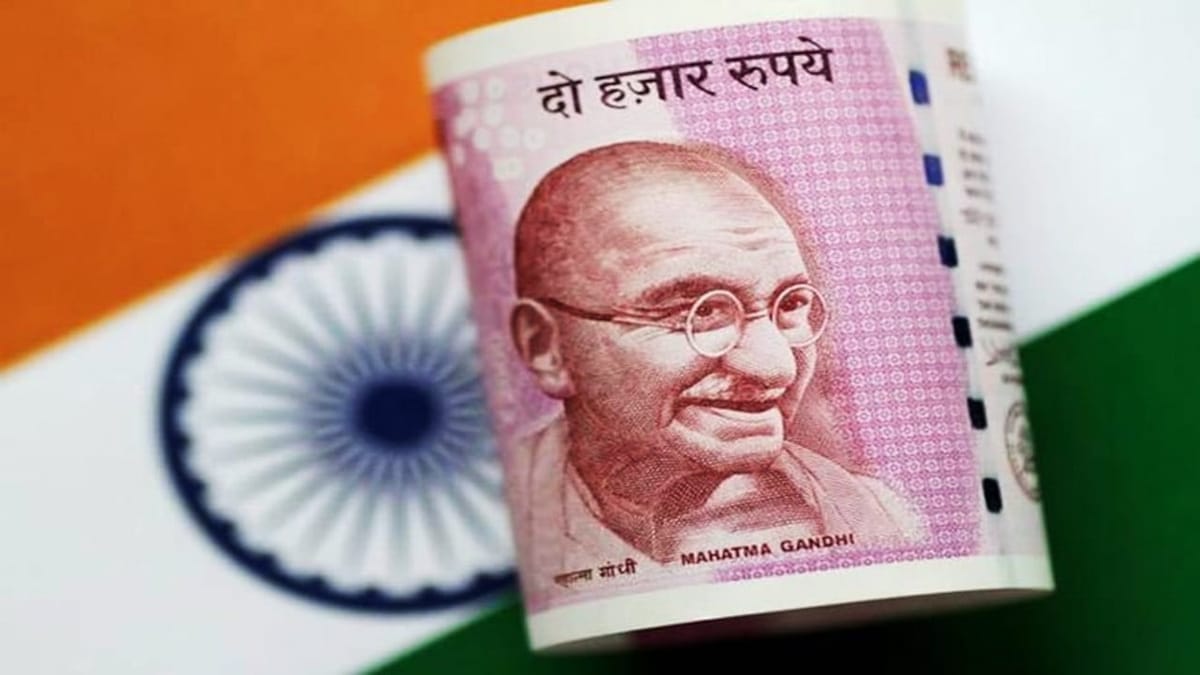Reetu | Jun 8, 2023 |

RBI removes Identity Proof requirement for Exchange of Rs.2000 Banknotes
The Reserve Bank of India(RBI) has removed Identity Proof requirement for Exchange of Rs.2000 Banknotes.
Rs.2000 denomination banknote was introduced in November 2016 under Section 24(1) of RBI Act, 1934 primarily to meet the immediate currency requirement of the economy after withdrawal of the legal tender status of all Rs.500 and Rs.1000 banknotes in circulation at that time. With fulfilment of the objective of introduction of Rs.2000 denomination and availability of banknotes in other denominations in adequate quantity, printing of Rs.2000 banknotes was stopped in 2018-19. Further, majority of the Rs.2000 denomination notes were issued prior to March 2017, have completed their estimated lifespan and are not observed to be commonly used for transactions anymore. Therefore, it has been decided that, in pursuance of the “Clean Note Policy” of the Reserve Bank of India, the Rs.2000 denomination banknotes shall be withdrawn from circulation. The Rs.2000 banknotes will continue to be legal tender.
The Petitioner filed a writ petition under Article 226 of the Indian Constitution as a Public Interest Litigation (PIL) seeking a declaration that the RBI Notification and SBI Notification, which allow the exchange of Rs.2000 denomination banknotes without requiring a requisition slip or identity proof, are arbitrary and in violation of Article 14 of the Indian Constitution.
According to the Petitioner, out of the total denomination of Rs.2000 banknotes, Rs.3.62 lakh crores bills are now in circulation and are not generally utilised for transactions.
He contended that by not requiring any form of identification when exchanging Rs.2000/- denomination banknotes for other denomination banknotes, the Government is actually encouraging people to engage in Benami transactions, money laundering, and drug trafficking, among other things, and thus the Government’s decision must be overturned by the Court.
Senior Advocate Parag P Tripathi, who represented the RBI, maintained that it is well established that courts should not typically interfere with government decisions.
He claimed that it is now recognised that the Courts do not run contrary to and sit over the Government’s policy decisions unless the Government’s decision is so bizarre and arbitrary that it shocks the Courts’ conscience.
The division bench of Chief Justice Satish Chandra Sharma and Justice Subramonium Prasad stated that it is well established that decisions made by the government regarding economic policies are not ordinarily interfered with by the courts unless the decision is manifestly arbitrary.
The court observed that the Government’s decision is only to withdraw Rs.2000 denomination banknotes from circulation because the purpose of issuing these denominations has been achieved, which was to meet the currency requirement of the economy in an expeditious manner in November, 2016 when all Rs.500 and Rs.1000 denomination banknotes were declared to be not legal tender, and in order to meet the situation at that point in time, the Government to withdraw Rs.2000 denomination banknotes from circulation.
The court also noted that in order to facilitate the exchange of Rs.2000 denomination banknotes with other denomination banknotes, the government has provided citizens with a four-month window, and in order to avoid inconvenience to citizens, the government has not insisted on providing any kind of identification.
For Official Order Download PDF Given Below:
In case of any Doubt regarding Membership you can mail us at [email protected]
Join Studycafe's WhatsApp Group or Telegram Channel for Latest Updates on Government Job, Sarkari Naukri, Private Jobs, Income Tax, GST, Companies Act, Judgements and CA, CS, ICWA, and MUCH MORE!"